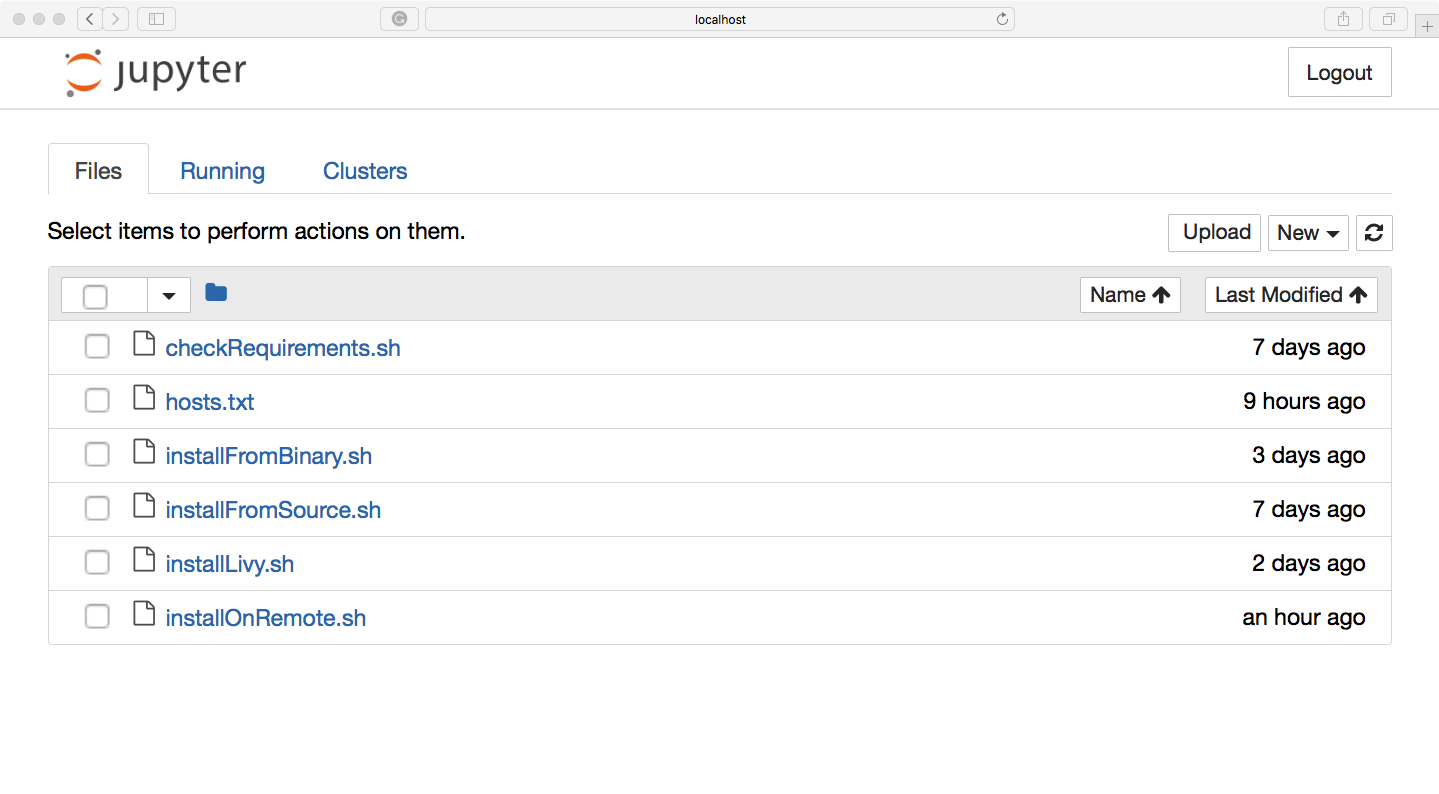pip is a management tool for installing Python packages for PyPI, the Python Package Index. This service hosts a wide range of Python packages and is the easiest and quickest way to distribute your Python packages.
However, calling pip install does not only search for the packages on PyPI: in addition, VCS project URLs, local project directories, and local or remote source archives are also scanned.
Jupyter is one of the most popular interactive shells that supports developing code in a wide variety of environments: Python is not the only one that's supported.
Directly from http://jupyter.org:
"The Jupyter Notebook is an open-source web application that allows you to create and share documents that contain live code, equations, visualizations, and narrative text. Uses include: data cleaning and transformation, numerical simulation, statistical modeling, data visualization, machine learning, and much more."
Another way to install Jupyter, if you are using Anaconda distribution for Python, is to use its package management tool, the conda. Here's how:
conda install jupyter
Note that pip install will also work in Anaconda.



 Free Chapter
Free Chapter

